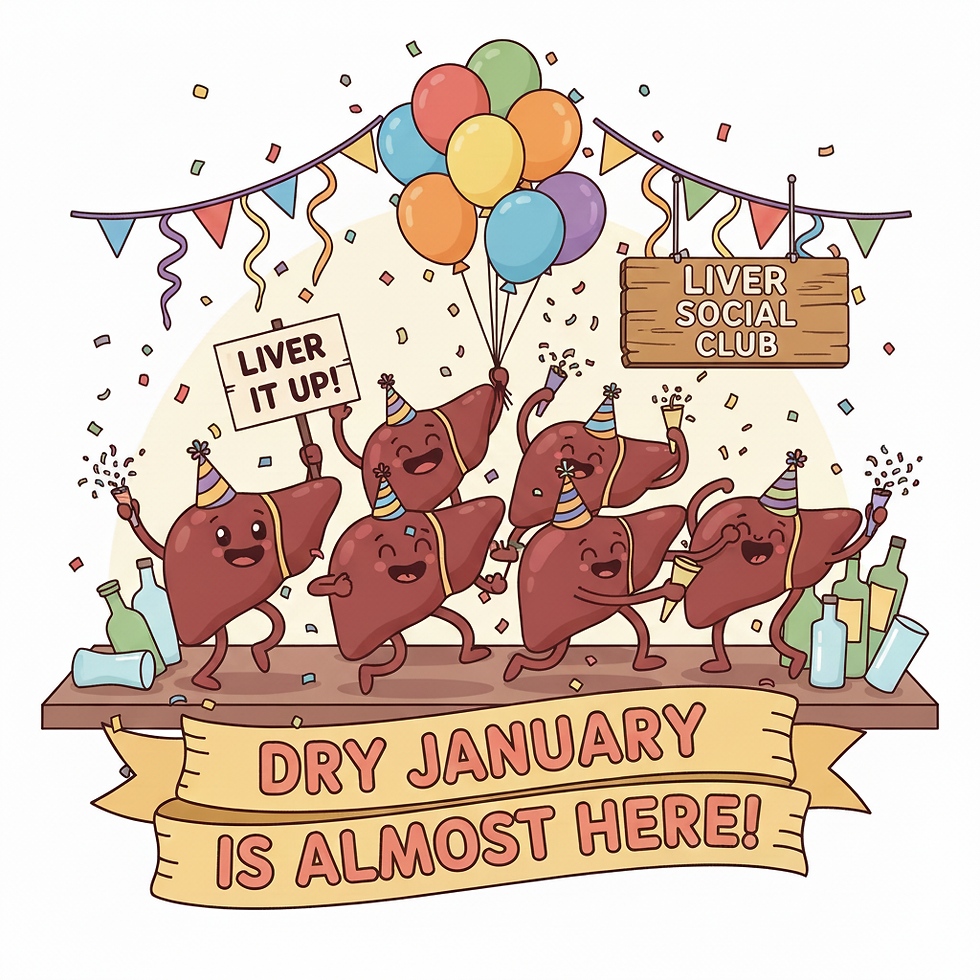IT ALWAYS ROLLS DOWNHILL
- Bill Glass

- May 17, 2021
- 4 min read

Review of Street Without Joy and Hell In A Very Small Place by Bernard Fall
When I was in the army, a popular saying was that “the shit always rolls downhill.” By this, it was meant that decisions by the generals were handed off to the colonels, who then downloaded them to the captains, and so on until a group of privates were sacrificed on a suicide mission. That pretty much describes what happened to the cream of the French army at Dien Bin Phu in the First Indochina War. Hell In A Very Small Place, by Bernard Fall, chronicles that defeat in devastating detail. However, to fully understand Dien Bin Phu, it is necessary to read Fall’s prior book, Street Without Joy, which describes the bloody series of debacles the French suffered leading up to that last battle.
The road to Dien Bien Phu began shortly after World War II when French leaders set out to reclaim the country’s colonial empire, starting with Viet Nam. Ho Chi Minh, the communist revolutionary who had battled Japanese forces, wanted Vietnam’s independence. This conflict led to the First Indochina War.
Aided by copious weaponry and advisors from both Russia and China, Ho Chi Minh’s ragtag guerrilla force morphed into a highly disciplined army. With it, he dealt the French a series of blows. General Navarre, the overall theatre commander of French Forces in Vietnam, had no answer to the Viet Minh’s hit and run tactics. His heavy tanks and artillery meant that the French were road-bound while the lightly equipped Viet Minh could flit through the jungle, appearing suddenly to ambush a French column or attack a sitting-duck checkpoint.
Street Without Joy chronicles the tragic fate that befell many French units posted in stationary guard posts in remote areas. As the war dragged on the Viet Minh became masters of camouflage. Their sappers were among the world’s best. They turned Viet Nam’s roads into death traps. Route 1, which French soldiers called “the street without joy,” was the scene of many bloody ambushes.
In the classic Hell In A Very Small Place, Fall describes how Navarre blundered into his final defeat. Hoping to lure the Viet Minh’s main battle forces away from the vital Red River delta, Navarre decided to parachute ten battalions of his best troops into Dien Bin Phu, a small town located in the heart of an indefensible valley. The troops and their equipment were parachuted because the roads, and in fact the entire region, were controlled by the Communists. When coming up with this plan, Navarre failed to consider that parachuting is a one-way affair. Once in, there was no way out for the French.
Soon Navarre had his wish to decoy the Viet Minh away from the delta. The communist commander, General Giap, surrounded the 10,000-man French garrison of Dien Bin Phu with three divisions comprising 40,000 soldiers. This was done in accordance with the military maxim that to succeed, attackers must outnumber defenders by 4-1. Once Giap had his troops and artillery in place, the outcome of the battle was not in doubt.
The Second Indochina War preoccupied much of my youth. Decisions made by Eisenhower, Kennedy, and Johnson led America to replicate the French debacle, thus destroying the lives of many of our most promising young people. At the time, Bernard Fall was acknowledged as the expert on Indochina. Street Without Joy and Hell In A Very Small Place were considered must-reads by bright young American officers during the sixties. However, they and their superiors could not shake the idea that the French were the B-team, not quite ready for primetime, while the US army would be like the varsity coming in to kick ass.
But in fact, the Foreign Legion and French paratroopers were among the best
professional soldiers in the world. They and their Moroccan, Algerian, and Vietnamese auxiliaries fought bravely and well in a doomed cause. One wonders if Robert MacNamara, William Westmoreland, Dean Rusk, Lyndon Johnson, and other architects of America’s effort in Viet Nam understood this or bothered to read Fall’s books.
Reading Street Without Joy and Hell In A Very Small Place caused me to ponder how generals find the hubris to put their finger on a map and decide to pour the blood of their men on the ground there. In General Giap’s case, it’s understandable that he and his men would fight for their home. By contrast, French soldiers had nothing at stake. Victory for them would only have benefited corporations like Michelin, wealthy French planters, and other beneficiaries of colonialism. So in the end, the side that was fighting off an existential threat to their country beat soldiers who at first were motivated by professional pride and later fought only to save their own and their comrades’ lives.
If you are a history buff, then I would highly recommend Bernard Fall’s work. He assumes that his readers want all the details, so he provides them. But this is not a dry history recitation. Fall introduces us to many intriguing characters on both sides of the conflict and peppers the narrative with their quotes plus telling anecdotes so that we truly get to know them. While Fall is sympathetic to the plight of the French soldiers, he makes sure to honor the bravery, professionalism, and dedication of the Viet Minh and their leaders. Sadly, after documenting the tragic story of France’s Indochina war, Fall went on to write about America’s turn to take on the Vietnamese communists. Never an armchair historian, he was killed by a mine while out on patrol with US marines in 1967.




Comments